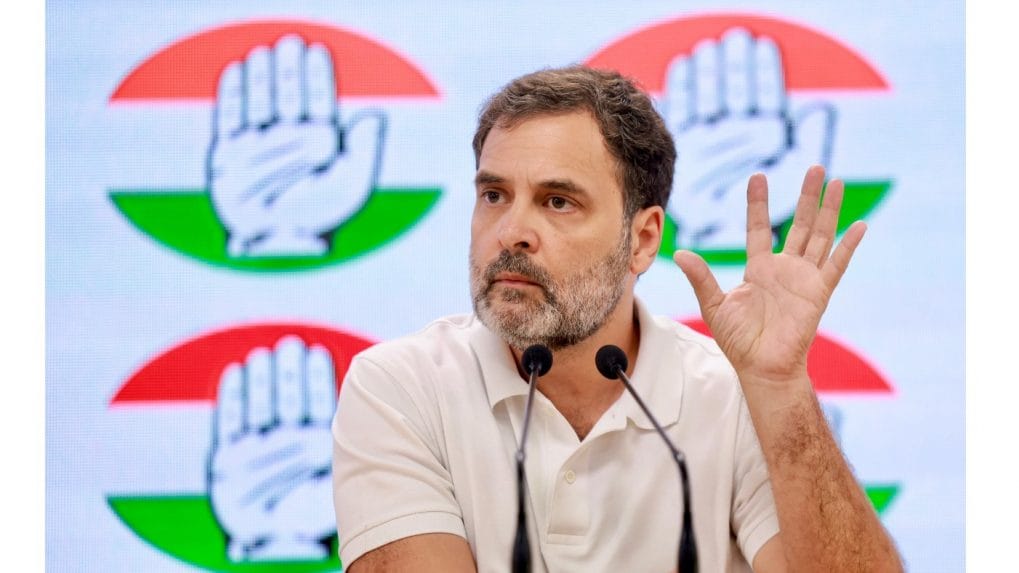Brand Makers
Dil Ka Jod Hai, Tootega Nahin

It's the season of promises as elections draw near, and this time, the spotlight is on the media. The Congress party has recently unveiled a comprehensive plan for the media in their election manifesto, aiming to uphold journalistic freedom and combat censorship.
The part of the manifesto that addresses critical issues in the media landscape focusses on the party's agenda to empower journalists, safe guard editorial independence, and nurture an environment conducive to free expression.
“In the last ten years, significant sections of the media have been robbed of, or surrendered, their freedom. Congress will help the media re-discover the freedom that they enjoy under the Constitution,” said the manifesto.
Following are the highlights from the section dedicated to media in the Congress manifesto
1. Congress has always believed that self-regulation is the best way to correct the misuse of the media. Congress will amend the Press Council of India Act, 1978 to strengthen the system of self-regulation, protect journalistic freedoms, uphold editorial independence and guard against government interference.
2.Congress will amend the Press Council of India Act,1978 to empower the Council to deal with the menace of fake news and paid news.
3.Congress will defend independent journalism by enacting laws to protect journalists from coercive action by the State. This includes restricting the powers of the government for surveillance of journalists, seizure of their devices and exposure of their sources.
4.Congress will pass a law to curb monopolies in the media, cross-ownership of different segments of the media, and control of the media by business organisations. Congress will refer cases of suspected monopolies to the Competition Commission of India.
5. All media houses, irrespective of the size, will be required to disclose their ownership structures (direct and indirect), cross holdings, revenue streams, etc. through their websites.
6.Congress will pass a law to preserve the freedom of the Internet and to prevent arbitrary and frequent shutdowns of the Internet.
7.Many new laws (e.g. the Broadcasting Services (Regulation) Bill, 2023; Digital Personal Data Protection Act, 2023; Press and Registration of Periodicals Act, 2023, etc.) give unbridled powers of censorship to the government. The first named Bill will be withdrawn. The restrictive provisions of the two Acts will be amended or deleted to eliminate backdoor censorship.
8. Congress will amend the Cinematograph Act, 1952 to provide that the Central Board of Film Certification grants graded certificates to according to transparent and reasonable criteria.
"The raucous, almost deafening, cuss words from the heartland that Piyush Pandey used with gay abandon turned things upside down in the old world order."
Read MoreFrom OpenAI’s ChatGPT-powered Atlas to Microsoft’s Copilot-enabled Edge, a new generation of AI-first browsers is transforming how people search, surf and interact online — and reshaping the future of digital advertising.